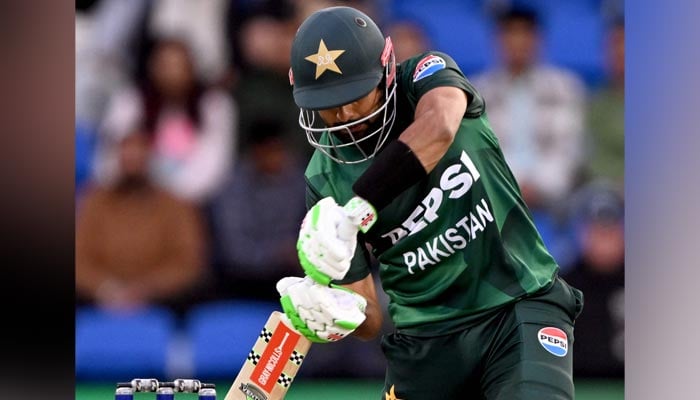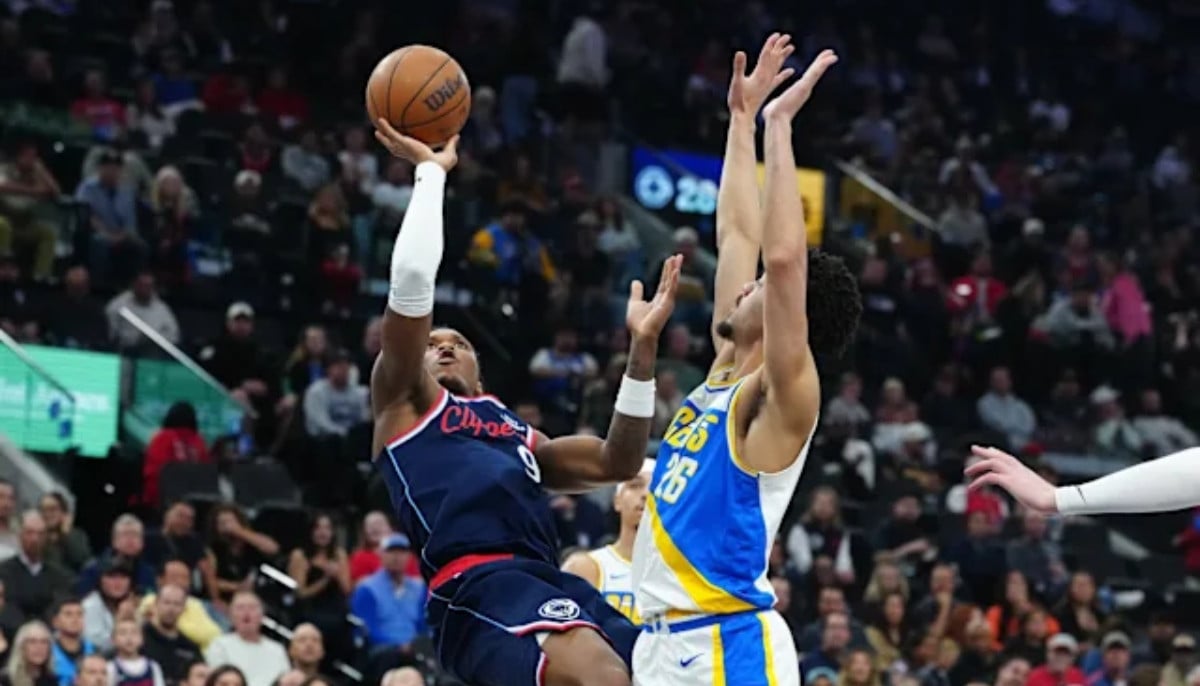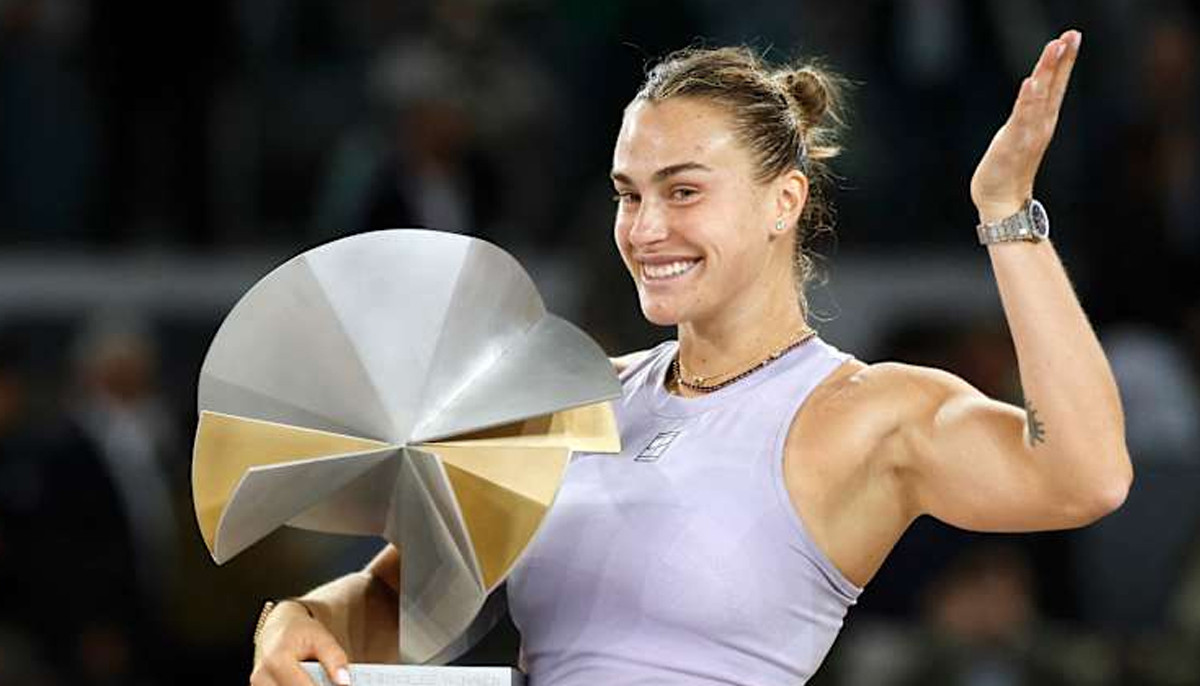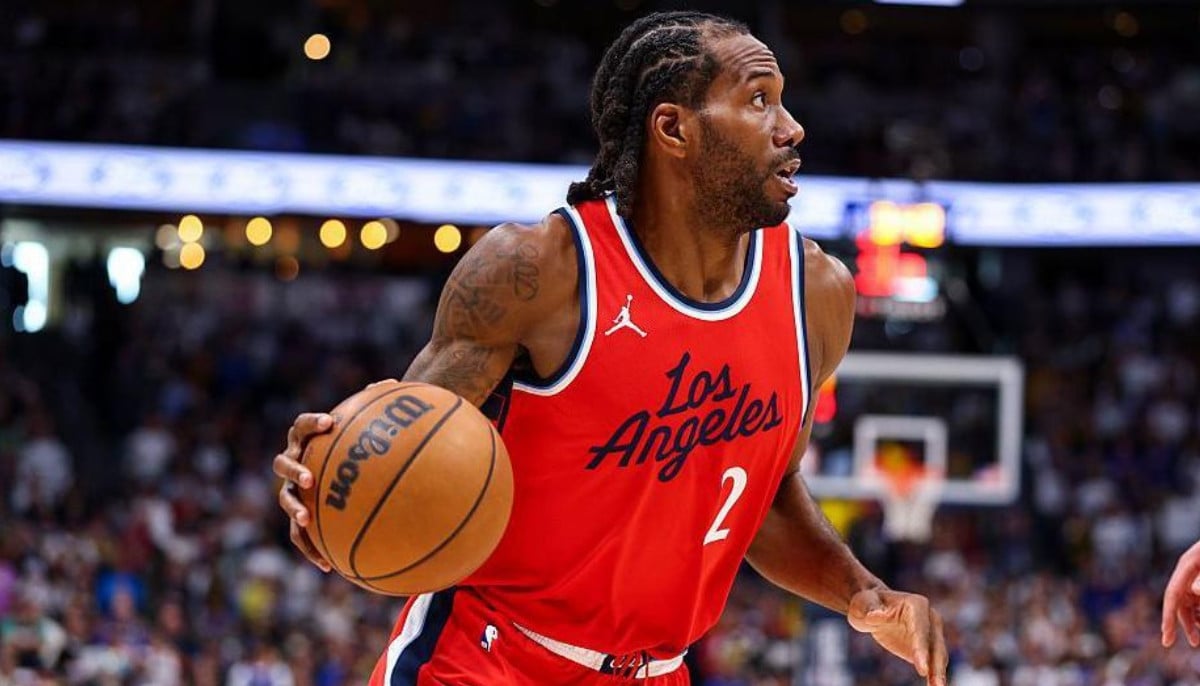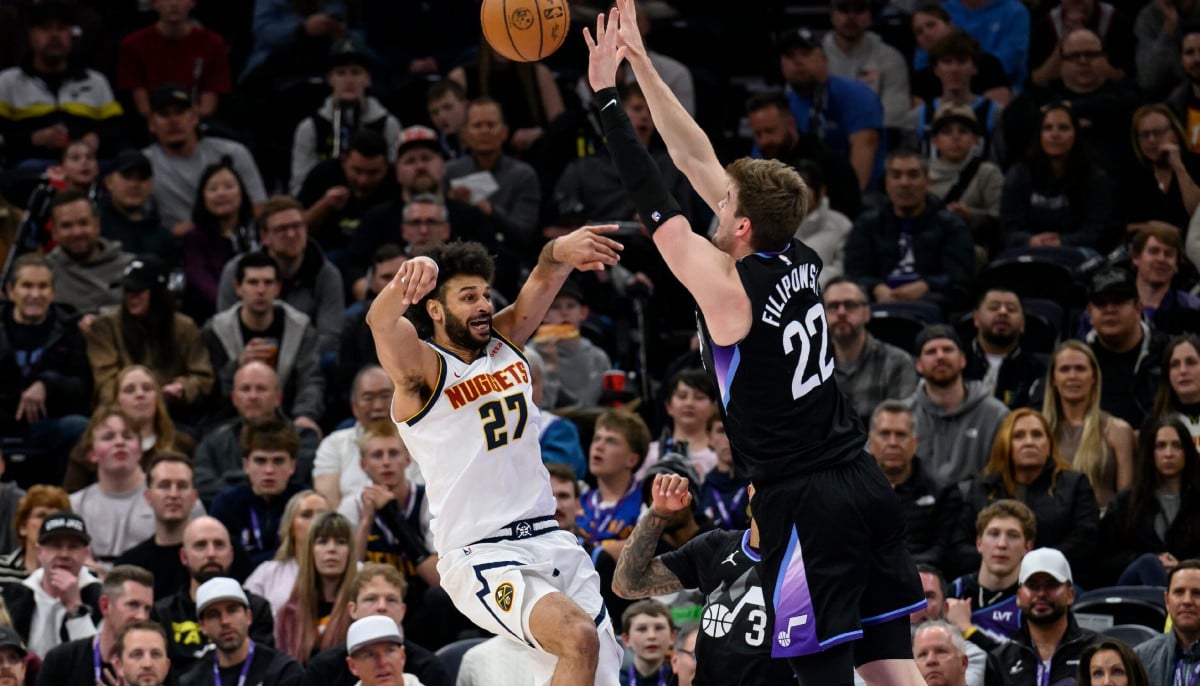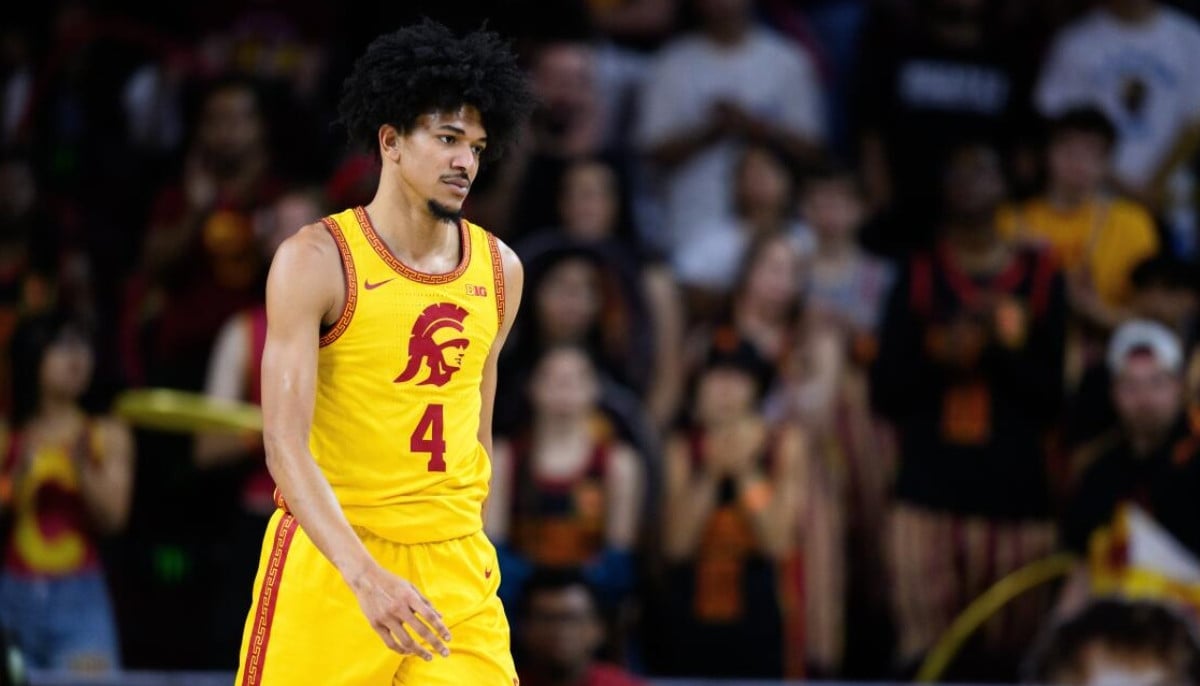Babar Azam becomes second-highest T20I run-scorer
Former Pakistan skipper surpasses India's Virat Kohli with four more runs
HOBART: Pakistan's star batter Babar Azam on Monday surpassed India's Virat Kohli as he became the second-highest leading run-scorer of all time in the men’s T20 Internationals.
The 30-year-old former skipper achieved this landmark feat as he scored 41 runs during Pakistan's third and final T20I of the three-match series against Australia at Bellerive Oval.
Earlier, Australia pummelled Pakistan to secure a 3-0 T20I series victory after beating the visitors in final match.
Babar now has 4,192 runs in the format, four more than Kohli’s 4,188, while former Indian captain Rohit Sharma is still at the top with 4,231 runs.
Furthermore, the Pakistan star now needs 40 more runs to become the all-time leading run-getter by replacing Sharma, who alongside Kohli, called time on his T20I career after India’s ICC Men’s T20 World Cup 2024 title victory.
Besides Babar, current white-ball captain Mohammad Rizwan is the only other Pakistani batter among the Top 10 batters with most runs in the format.
Notably, the star batter, who relinquished Pakistan’s white-ball captaincy ahead of the white-ball tour of Australia, had a forgetful outing with the bat as the right-handed batter only managed 80 runs in the three-match ODI series.
Babar’s inability to score big continued in the recently-concluded T20I series as he registered the scores of three in each of the first two T20Is before his record-breaking 41-run knock in the final fixture.
Most runs in men’s T20Is
Rohit Sharma: 4,231
Babar Azam: 4,192
Virat Kohli: 4,188
Paul Stirling: 3,655
-
Aryna Sabalenka announces 'forever' with partner Georgios
-
Flames’ new arena in Calgary earns praise from NHL commissioner after construction visit
-
Wild acquire Michael McCarron from Predators in trade for 2028 second round pick
-
Cole Smith joins Golden Knights in deal with Nashville Predators
-
Arber Xhekaj rumours surface as Flames explore trade options with Canadiens
-
Kawhi Leonard earns All-NBA praise from Zach Lowe after Clippers turnaround
-
Nuggets vs Jazz: Jamal Murray’s 45 points power Denver past Utah
-
USC leading scorer Chad Baker-Mazara leaves program amid losing streak
